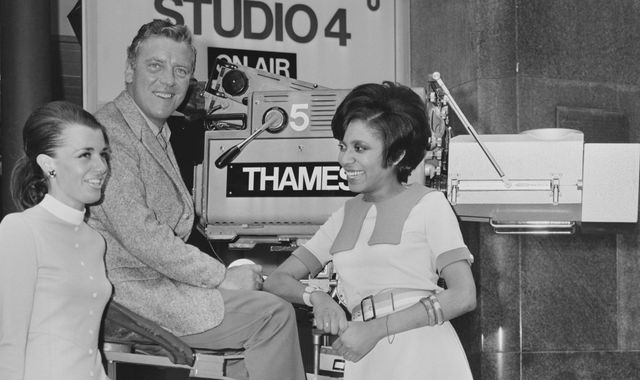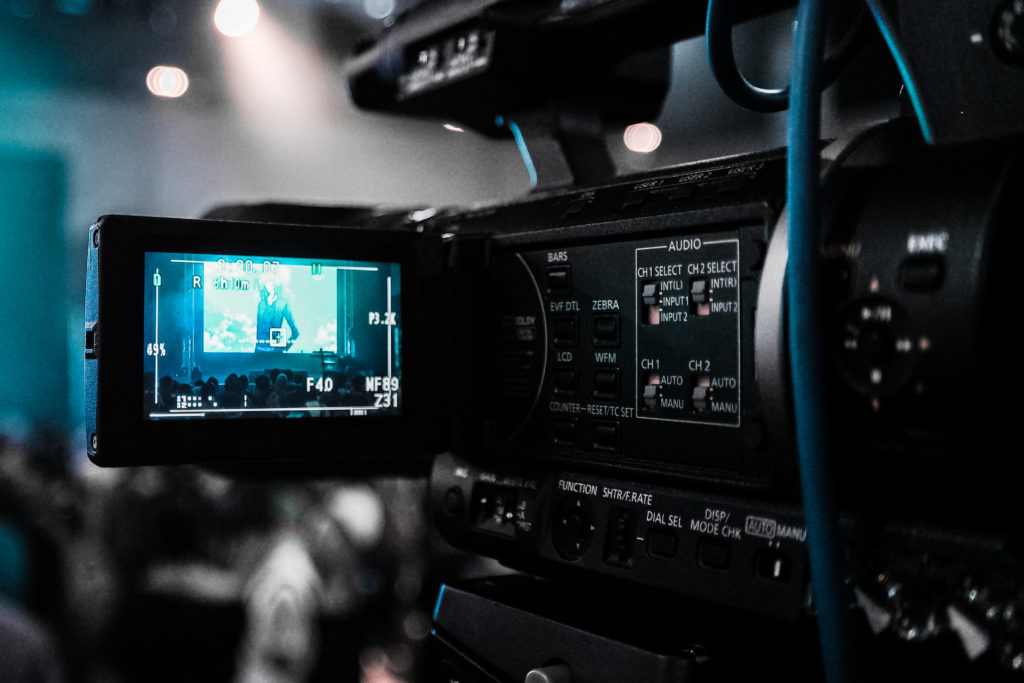Barbara Blake Hannah – the first black female journalist on UK TV
Written by News on 31/10/2019
When people think of the first black British female broadcaster, many will reference Moira Stuart – who since her first BBC News bulletin in 1981 has become one of the most recognisable voices in journalism.


While nobody would doubt her pioneering influence on the UK media, there is an unsung hero who came before.
Barbara Blake Hannah became the first black person to appear on British TV in a non-entertainment role in 1968, landing the job of on-camera reporter for daily evening show Today With Eamonn Andrews on Thames TV.
“I didn’t know I was the first,” she told Sky News.
“It wasn’t the first time I had a job on TV. I had been hostess of a weekly quiz show in Jamaica and done some news reading and stuff like that at home.”
Her experience paved the way for the likes of Stuart and Sir Trevor McDonald, who did not begin his long and storied association with ITN until 1973.
But when Hannah arrived in England in 1964, she had plenty of experience in journalism already under her belt.
She wrote for a monthly news magazine run by her father Evon Blake, who she says “gave me a love of both reading and writing – and my revolutionary spirit”.
Mr Blake also founded the Press Association of Jamaica in 1940, helping to give his daughter a privileged upbringing and good education that provided the platform she needed to succeed.
But her arrival in England in 1964 as part of the cast for the film A High Wind In Jamaica, for which she was an extra, offered an immediate taste of the discrimination she would be met with in her career.
She recalls: “I was treated with scorn, disgust, hatred. I had been raised to expect that reaction from white people, and to accept it, so I did and learned to live with it – even though I hated it.
“The worst was one night at a party when a drunken scuffle between some people next to me broke a glass and a splinter hit my hand. A girl looked shocked at the blood and said: ‘It’s red!’
“Her friends roared with laughter, mocking me. I should have laughed, but it was frightening.”
By the time she joined Thames TV, Hannah had written for The Sunday Times, Queen and Cosmopolitan.
Her first day as an on-screen reporter in 1968 saw her broadcasting from the East End in London, where a gang had committed a mob crime, and she went on to interview prime minister Harold Wilson and actor Michael Caine.
But her prowess was not enough for those who considered it “inappropriate” to have her on screen, and she was never well received by her colleagues or the predominantly white audience.
She was dismissed after nine months without explanation, although her producer confided to her that they were under pressure from viewers who called in daily to say: “Get that n***** off our screens.”
One of the low points leading up to her sacking came when Enoch Powell, the right-wing Conservative MP who delivered the infamous Rivers of Blood speech condemning mass immigration from the Commonwealth, visited the Thames TV studio for an interview.
Hannah had been asked to leave to cover a story on what was a miserable day, and later discovered that Powell had only committed to doing the live interview if “the black girl” was not there.
Years later, Moira Stuart would debut on British TV and go on to have a decades-long career.
She has become a staple of news broadcasting across TV and radio – but no one should be in any doubt as to the pioneering impact Hannah also had on the industry.
Hannah says she knows she “made history” and is “grateful” to be remembered for it, but knows there is still a long way to go to further the amount of diversity in British journalism.
“I could only advise newsrooms to spread a wider net of stories and storytellers,” she said.
“I hardly ever see news from the Caribbean, yet I know there are good Caribbean journalists there and moreover, most of the black British journalists have Caribbean roots.”
She added: “The only advice I would give them is: remember your black roots, your connections with the continent and with the Islands. They are your strength, so remember to strengthen them.”
Barbara Blake Hannah spoke to Sky News to mark UK Black History Month, which is celebrated every year to mark the contributions and history of black people in Britain.
(c) Sky News 2019: Barbara Blake Hannah – the first black female journalist on UK TV







